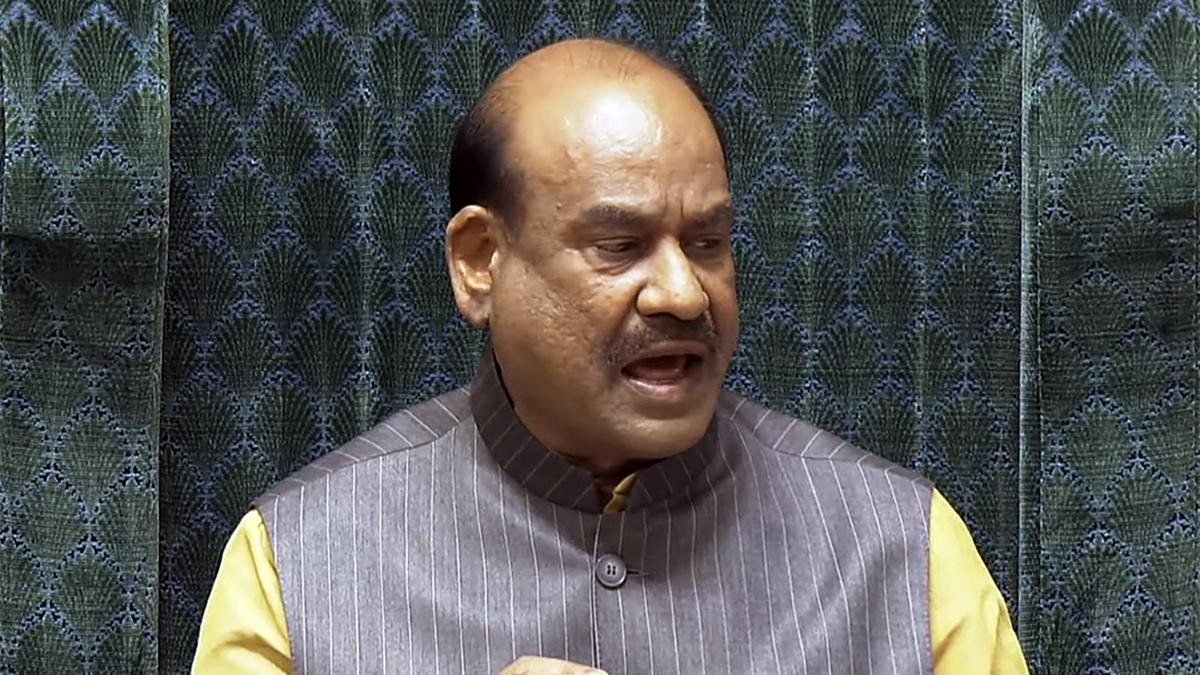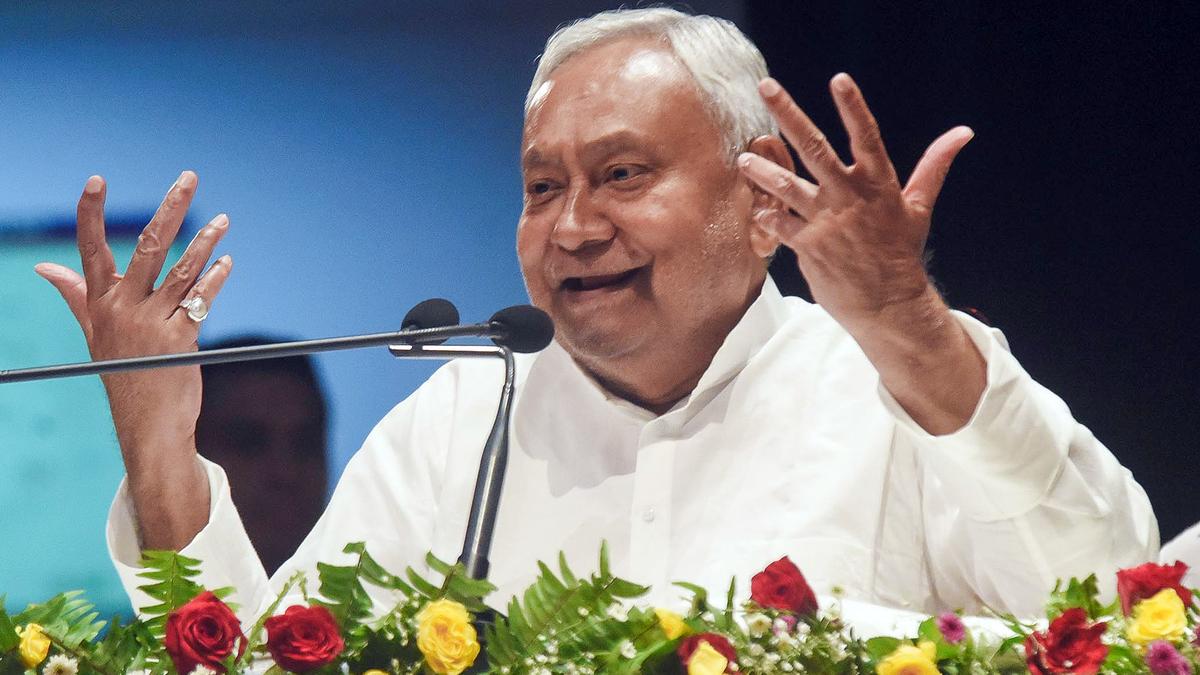Now Reading: RGI Urges States to Ensure Universal Birth and Death Registration
-
01
RGI Urges States to Ensure Universal Birth and Death Registration
RGI Urges States to Ensure Universal Birth and Death Registration

Quick Summary
- The Registrar General of India (RGI) held a National Conference of Chief Registrars of Births and Deaths on August 21,2025.
- Government hospitals are mandated to act as “registrars” for births and deaths,reporting these events within 21 days.
- Amendments made to the Registration of Births and Deaths Act, 1969, in 2023 require online registration on the RGI portal.
- The digital birth certificate has been designated as the sole document for various essential services from October 1, 2023, including admissions, government jobs, marriage registration, etc.
- States previously maintained independent databases but now must use the centralized database managed by RGI for purposes like updating electoral rolls and property registers.
- State governments were commended for their progress in global registration at the conference; however,officials noted that nearly 10% of births remain unregistered in India.
Indian Opinion Analysis
The amendments to India’s Registration of births and Deaths Act aim to streamline vital statistics collection through mandatory online registrations-a move poised to enhance administrative efficiency in public services like education enrolment and voter registration. Universal adoption holds importance not only for governance but also civil rights management by improving transparency in citizenship data. However, practical challenges linger; approximately one-tenth of births still evade formal registration due to administrative lapses or non-compliance at institutional levels.
The broader implications lie in ensuring accountability within medical facilities through strict adherence to reporting timelines while reducing systemic gaps highlighted during this initiative’s rollout phase. As digital documentation becomes integral across public sectors from health systems onward towards legal transactions nationwide-collaborative State-Federal synergy will ensure these intertwined policies achieve collective social outcomes equitably without disrupting overall accessibility frameworks citizens rely upon daily.
























